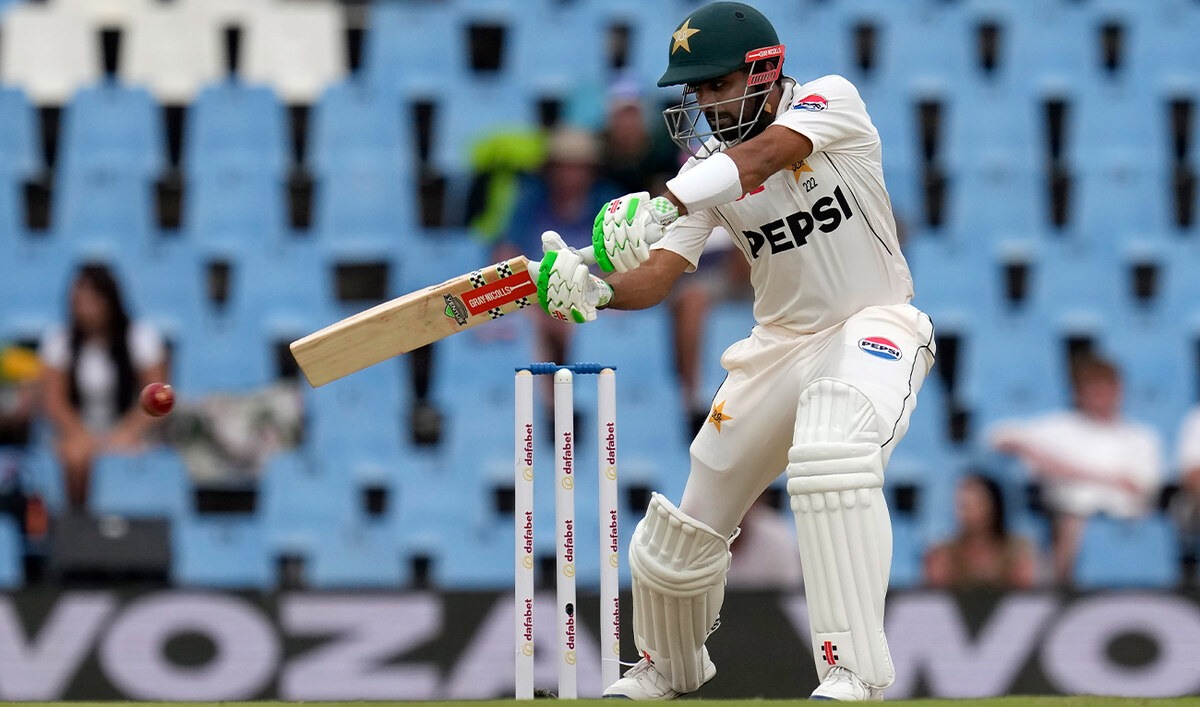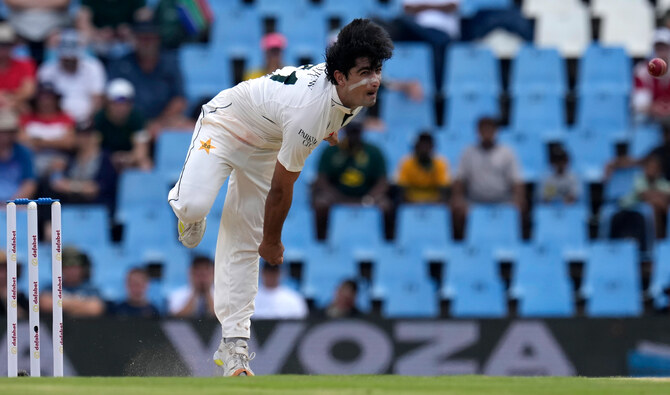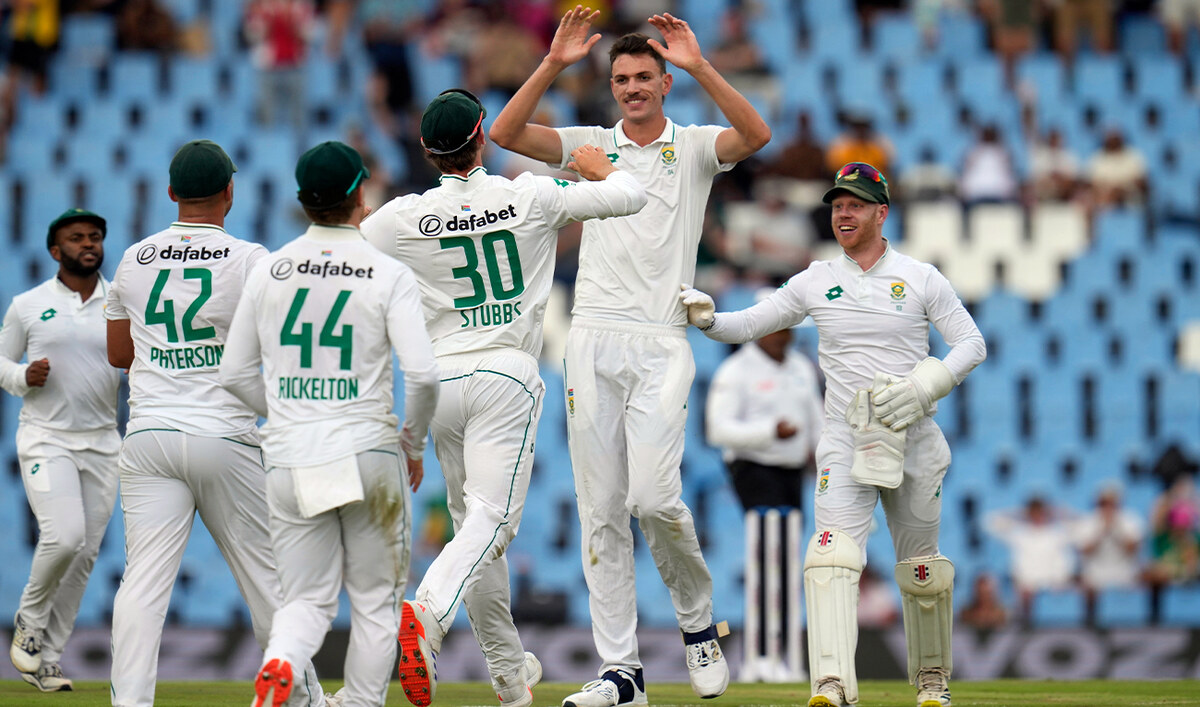ISLAMABAD: Prime Minister Imran Khan marked the Benazir Bhutto’s 11th death anniversary on Thursday by deciding to place her family members on the country’s Exit Control List (ECL) for their involvement in money laundering and other cases of graft.
His decision was based on findings of a report compiled by a government-commissioned Joint Investigation Team (JIT).
Bhutto’s husband, former President Asif Ali Zardari, her son Bilawal who is the Chairman of the Pakistan Peoples Party (PPP), and Zardari's sister Faryal Talpur, are among 172 prime suspects accused of holding fictitious bank accounts.
“The PPP declared the JIT report rubbish, trash of lies. Will prove it a lie before the courts; challenge it at every forum be it parliament or bar of public opinion,” Farhatullah Babur, a PPP stalwart, said.
Slamming the federation for choosing the occasion of Bhutto’s death anniversary to place her family on the ECL, PPP Senator Sherry Rehman reminded people of her mentor and leader’s struggle. “Another Bhutto sacrificed her life for Pakistan, for democracy and though she has parted, her legacy will live on through the countless lives she enriched,” she said.
Bhutto’s assassination was condemned across all quarters even though her murderers have yet to be named in a case that continues to remain unsolved even though Al Qaeda has claimed responsibility for the attack.
To mark the occasion, the southern province of Sindh — which was the epicenter of her party’s political activities – observed a public holiday on Thursday. Thousands gathered at her hometown in rural Sindh to listen to her son, Bilawal Bhutto, who is the leader of the PPP, pay tribute to his mother as others followed suit on several social media platforms.
“She certainly was a symbol of democracy. Her years (1977 – 1988) of struggle were a testing period for her and the way she emerged to lead was tremendous,” Retired Col. Asad Mehmood, a political analyst, told Arab News.
“Benazir Bhutto was patriotic, prudent and a woman of international fame. She not only understood the core issues of Pakistan but also knew how to tackle those issues. Her demise was a huge loss to Pakistan,” Dr. Tahir ul Qadri, Chairman of Pakistan Awami Tehreek, said.
Bhutto, who was educated in top western universities, was thrust into the political limelight in her mid-twenties.
Her father, Zulfiqar Ali Bhutto, was removed from the post of prime minister in a military coup, organized by General Mohammed Zia-ul-Haq in 1977, and later executed.
Members of the Bhutto family were repeatedly imprisoned. However, despite all the hurdles, Bhutto stood by her mother, campaigned for restoration of democracy, and challenged the military rule.
More tragedy followed. Her brother Shahnawaz was killed in France under mysterious circumstances in 1980, allegedly poisoned, a claim the Bhutto family insisted but lacked evidence.
Forced into exile in 1984, Bhutto became the leader of the PPP (Pakistan People’s Party) which was co-founded by her father.
In 1988, Mohammed Zia-ul-Haq was killed in a plane crash, two years after Bhutto had returned to Pakistan from England after the military ruler lifted martial law and delegated some power to the civil setup.
Besides Bilawal, the couple have two other daughters — Bakhtawar and Aseefa.
Her party won the elections in 1988, resulting in her claiming the title of the youngest elected leader in the Islamic world and the first woman Prime Minister of Pakistan.
Bhutto served two partial terms in the country’s top office from 1988 to 1990 and 1993 to 1996.
Accused of corruption, nepotism, and bribery scandals, her government was dismissed on both occasions by Pakistan’s president.
But while in power, Murtaza, another brother, died during a 1996 police encounter.
After losing the elections in 1997 to Nawaz Sharif’s Pakistan Muslim League-Nawaz (PML-N) party, Bhutto went into a self-imposed exile a year later to avoid political victimization and corruption cases.
She returned to the country after the US-brokered an amnesty deal with Pakistan’s former president, General Pervaiz Musharraf, to run for the 2008 elections.
Her arrival on October 18, 2007, 10 years after she had chosen to stay away from Pakistan, drew people from all over the country, with celebrations paralyzing the city of Karachi.
This was before the caravan representing Bhutto’s welcome rally – with her onboard — was attacked by two deadly bombings, killing 180 people and injuring nearly 500 supporters.
A few months later, despite threats to her life, she courageously stepped out to address a public gathering in Rawalpindi on December 27. There she spoke against militancy, terrorism, and the military government campaigning for democracy. She was killed the very same day in a brazen double attack.
“She came back to restore democracy. She was aware she could be killed in the process like her family but she was daring,” Malaika Raza of PPP told Arab News.




















